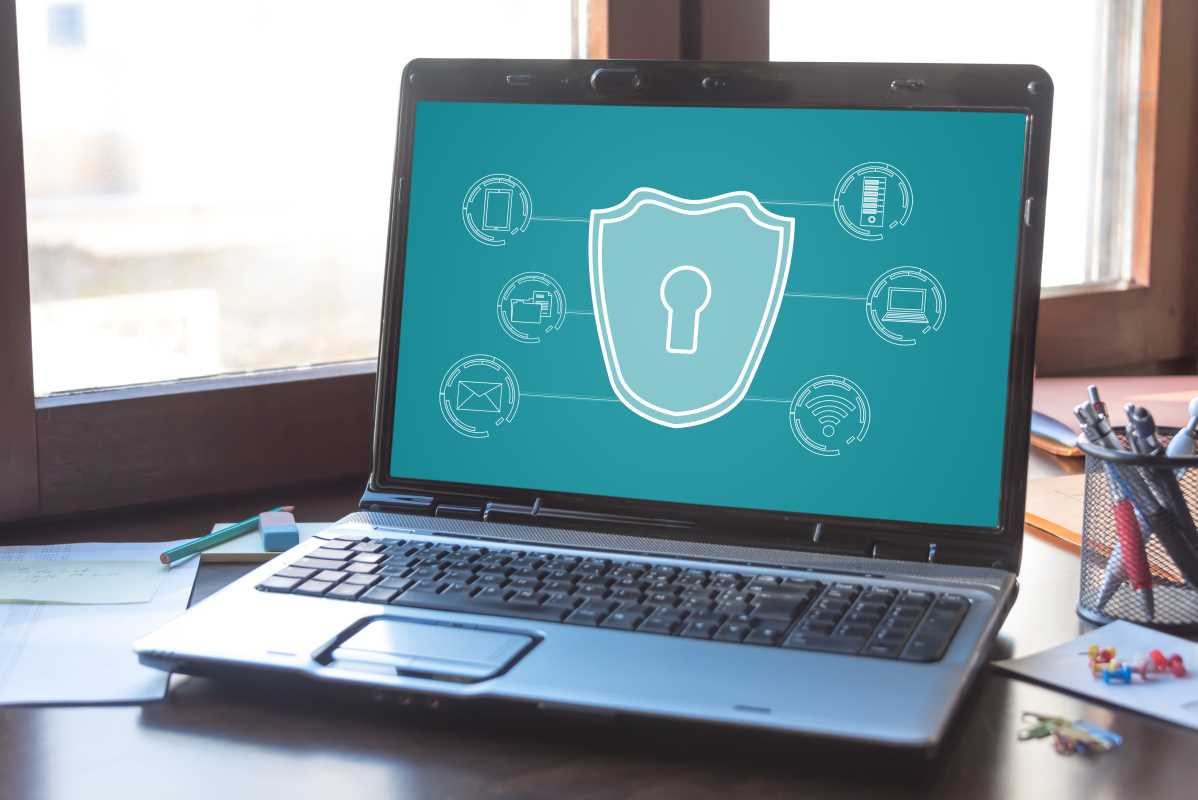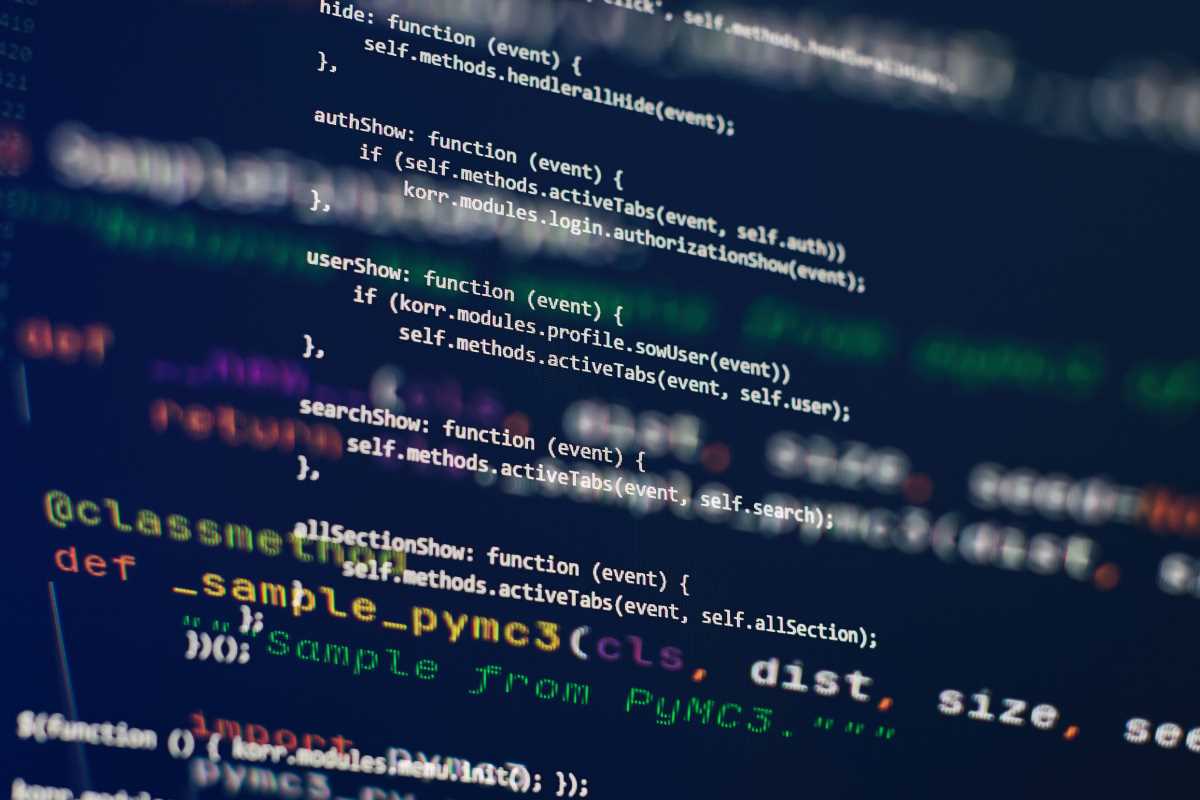Envision a future where your most sensitive information is secured not by passwords or firewalls, but by the unbreakable laws of quantum physics. This isn’t a distant fantasy—it’s the promise of quantum cryptography, a groundbreaking innovation poised to redefine digital security. As we become increasingly reliant on online communication, cloud storage, and digital transactions, the need for more robust protection grows stronger by the day. Traditional encryption methods, while effective for now, are vulnerable to the rapid advancements in computing power, especially with the rise of quantum computers. Quantum cryptography offers a new level of defense by leveraging quantum principles like superposition and entanglement, ensuring that any attempt to intercept or alter data is instantly detectable. This technology could make eavesdropping and data breaches virtually impossible, ushering in a new era where privacy and security are built into the very fabric of our digital infrastructure.
Understanding Quantum Cryptography
At its core, quantum cryptography uses the principles of quantum mechanics to secure data. Here's a breakdown of how it works:
- Quantum Key Distribution (QKD): QKD allows two parties to generate a shared, random secret key, which can encrypt and decrypt messages. The security of QKD comes from the quantum properties of particles involved in the process.
- Quantum Entanglement: This phenomenon occurs when pairs or groups of particles interact in ways such that the state of each particle cannot be described independently. Entangled particles remain connected, even over large distances, ensuring secure communication.
- No-Cloning Theorem: In quantum mechanics, it's impossible to create an identical copy of an arbitrary unknown quantum state. This means any attempt to intercept the quantum key would unavoidably alter it, signaling the presence of an eavesdropper.
- Heisenberg Uncertainty Principle: This principle states that certain pairs of properties, like position and momentum, cannot both be precisely measured simultaneously. Applying this to cryptography ensures that any measurement by an unintended party disrupts the system, revealing the intrusion.
By applying these quantum mechanics principles, quantum cryptography provides a level of security that is fundamentally different from, and more secure than, classical cryptographic methods.
Advantages Over Traditional Encryption
Quantum cryptography offers several key benefits that make it superior to traditional encryption techniques. Here are the top advantages:
- Unconditional Security: Unlike classical encryption, which relies on computational hardness assumptions, quantum cryptography provides security based on the laws of physics. This means that, in theory, it remains invulnerable to any attack, even those using future quantum computers.
- Detection of Eavesdropping: Any attempt to intercept the quantum key alters the quantum states, making it immediately apparent that a breach has occurred. This real-time detection allows for swift responses to potential threats.
- Future-Proofing: As quantum computing advances, many traditional encryption methods may become obsolete. Quantum cryptography, on the other hand, stays secure against quantum attacks, ensuring long-term data protection.
- Integration with Existing Systems: Quantum cryptography can integrate with current communication infrastructures, facilitating a smoother transition to more secure data transmission methods without overhauling entire systems.
These advantages enhance data security and provide a robust framework for safeguarding sensitive information in an increasingly digital world. By significantly improving data security, quantum cryptography stands out as a game-changer in the field of cybersecurity.
Real-World Applications
Quantum cryptography already makes strides across various industries, demonstrating its versatility and effectiveness in real-world scenarios. Here are some notable applications:
Finance: Banks and financial institutions handle vast amounts of sensitive data daily. Quantum cryptography ensures that transactions, customer information, and financial records remain secure from sophisticated cyber threats.
Healthcare: Protecting patient data is paramount. Quantum cryptography safeguards electronic health records, ensuring that personal medical information remains confidential and tamper-proof.
Government: National security relies heavily on secure communication channels. Quantum cryptography provides governments with the tools to protect classified information and secure diplomatic communications against espionage.
Telecommunications: With the rise of 5G and the Internet of Things (IoT), secure data transmission has become more critical than ever. Quantum cryptography enhances the security of communication networks, preventing unauthorized access and data breaches.
Energy Sector: Power grids and energy infrastructures are essential for national stability. Quantum cryptography helps protect these systems from cyber-attacks that could disrupt services and compromise sensitive information.
Challenges and Future Prospects
While quantum cryptography offers remarkable benefits, it also faces several challenges that need addressing to fully realize its potential.
Technological Limitations: Implementing quantum cryptography requires sophisticated hardware and precise control of quantum states, which can be technically demanding and expensive.
Scalability: Extending quantum cryptographic systems over long distances and integrating them into existing infrastructures pose significant logistical challenges. Developing scalable solutions is crucial for widespread adoption.
Standardization: The absence of standardized protocols for quantum cryptography can hinder interoperability between different systems and devices. Establishing universal standards is essential for seamless integration.
Despite these challenges, the future of quantum cryptography looks promising. Advances in quantum technology and research continue to overcome existing barriers, making quantum cryptography more accessible and practical. Innovations such as quantum repeaters and satellite-based QKD pave the way for global quantum communication networks. As awareness of quantum threats grows, industries increasingly invest in quantum-resistant technologies to stay ahead of potential cyber risks.
International collaborations and government funding accelerate the development and deployment of quantum cryptographic solutions. As these efforts bear fruit, we can expect quantum cryptography to become a cornerstone of modern data security, offering unparalleled protection in an increasingly interconnected world.
Quantum cryptography revolutionizes data security by introducing a level of protection grounded in the fundamental laws of physics. Its superior advantages over traditional encryption, coupled with its growing real-world applications, underscore its importance in safeguarding sensitive information. While challenges remain, ongoing advancements promise a future where quantum cryptography plays a pivotal role in maintaining the integrity and confidentiality of our digital livesQuantum cryptography offers unmatched security rooted in the laws of physics, making it a powerful tool for protecting sensitive data. As technology advances, it’s set to become a key pillar of future digital security systems.







